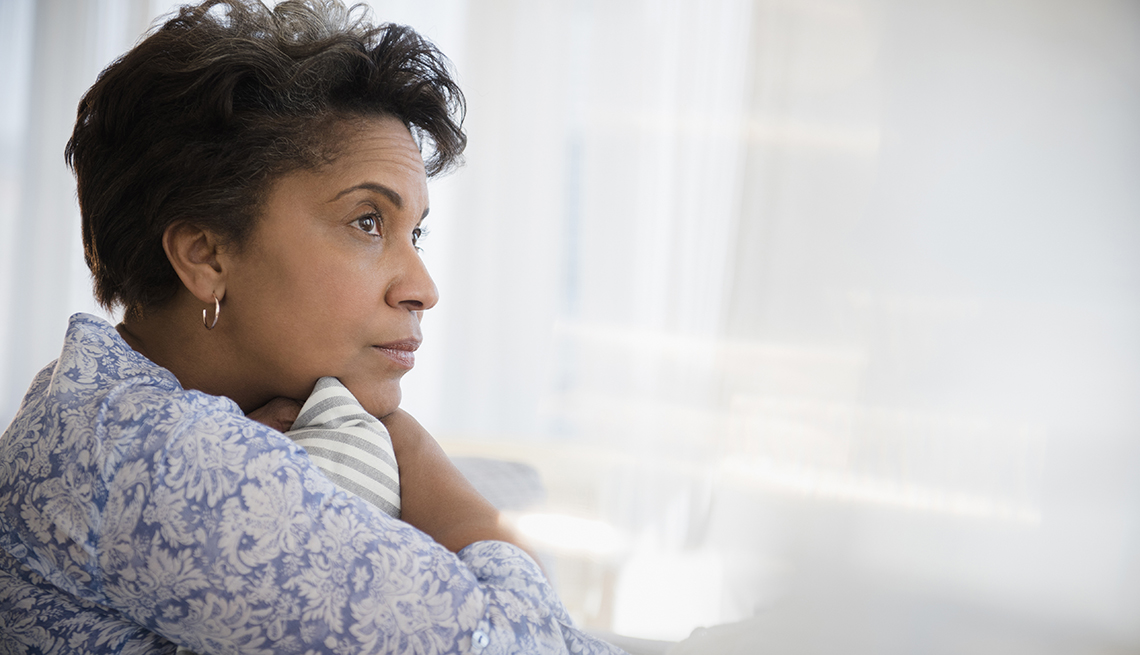Staying Fit
During the toughest parts of my caregiving years, I didn't feel good about almost anything I did. I thought I was too impatient and irritable with my mother with dementia. I felt I was neglectful of my teenage kids. I was sure that, in my distracted state, I was shortchanging my psychotherapy clients. In my mind, I tried hard but failed pathetically. Whether these perceptions were realistic or not, it is clear in retrospect that I was being very hard on myself. I constantly felt guilty. Like rubbing salt in my own wounds, blaming my weaknesses didn't make me a better caregiver, dad or worker, but only made difficult circumstances more painful.
It is partly because of the memories of this pain that I inwardly wince nowadays whenever I hear my caregiver clients expressing their own sense of guilt. Though caregiving is more challenging than ever during this pandemic, it seems to matter little to them. Not for the 51-year-old daughter who thinks she failed her mother with ALS because she wasn't at her ICU bedside while her mother was dying from COVID-19. (The hospital wouldn't allow it.) Not for the 75-year-old wife of a man with Parkinson's disease who feels terrible she can't visit him in his nursing home. (The facility has banned visitors for now.) Not for the 80-year-old man who took his wife with dementia home from a nursing home at the beginning of this health crisis but now feels overwhelmed caring for her round-the clock. (He is afraid to hire home health aides and risk bringing the virus into the house.) All these struggling caregivers judge themselves harshly.


AARP Membership— $12 for your first year when you sign up for Automatic Renewal
Get instant access to members-only products and hundreds of discounts, a free second membership, and a subscription to AARP the Magazine.
Unfortunately, the guilty family caregiver is so common as to become a stereotype in our culture. We feel responsible for caring for someone we love. We set expectations, often too high, for the quality of the care we will provide and the good we will produce. We beat ourselves up if we don't meet those expectations to a tee. It seems logical for caregivers to reset those expectations and therefore feel less guilty. But emotions don't often follow logic. In my personal and professional experience, it is even less helpful when well-meaning people tell caregivers they don't need to feel guilty. Once activated, our guilt mechanisms aren't turned off like flipping a switch.
Is caregiver guilt inevitable? Probably not for everyone but for many of us. How can we better manage this guilt and ease up on ourselves, especially as we contend with a national health crisis? Here are some ideas:
Respect guilt's purpose
Seen from an evolutionary perspective, the basic human emotions have been built into our species over eons to help us survive. By motivating us to do what we should — for example, finish our homework or treat each other with kindness — guilt has survival value, too. It makes possible mutual responsibility and a sense of cohesive community. It is often a manifestation of empathy: “I feel guilty that he is suffering so much and that I can't relieve his suffering.” A modicum of guilt isn't a problem; it bolsters our loving bonds to one another. An overabundance of guilt out of proportion to a situation is.

































































